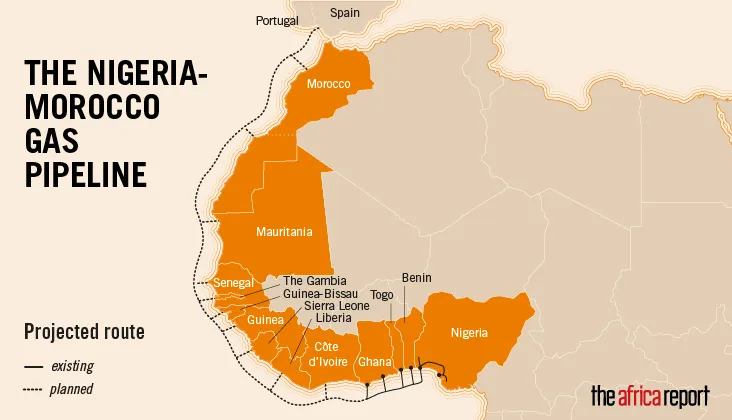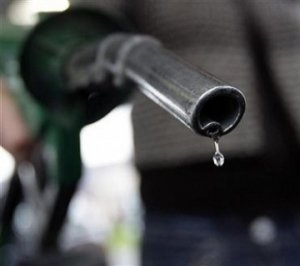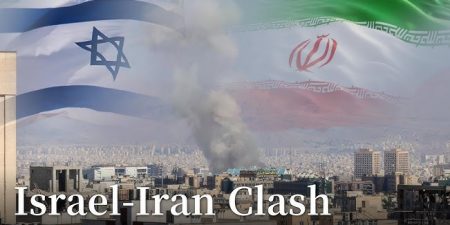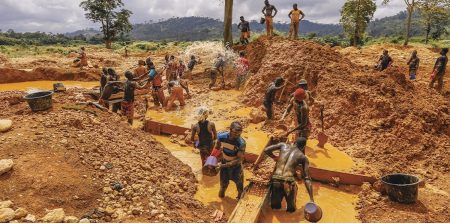 Lagos — Nigeria’s Minister of State for Petroleum Resources (Gas), Ekperikpe Ekpo, has announced that construction of the mega energy project, the Nigeria-Morocco Gas Pipeline, NMGP, is expected to commence in 2024.
Lagos — Nigeria’s Minister of State for Petroleum Resources (Gas), Ekperikpe Ekpo, has announced that construction of the mega energy project, the Nigeria-Morocco Gas Pipeline, NMGP, is expected to commence in 2024.
The minister stated this while receiving a delegation of Moroccan officials led by the Ambassador of the Kingdom of Morocco to Nigeria, H.E Moha Ou Ali Tagma, expressing Nigeria’s readiness for the project.
The pipeline, when completed, would become the second-longest pipeline in the world, following the West-East Gas Pipeline in China. The project is one of the most ambitious energy ventures globally.
The minister said: “I believe by 2024 we will conclude on it. Your company has been relating with NNPC Limited and I have been receiving briefs. We also talked about it during the meeting of the West African Gas Pipeline (WAGP) Committee Parties.
“For the fact that the pipeline existing within that corridor currently is 20 inches; there is a proposal to increase the size after Togo to 46 inches so that the flow will be large enough.
“Currently, the world is talking about climate change and natural gas is the sure way to go with low carbon emissions, so we have to be serious about the utilization of gas for prosperity.”
Speaking at the event, the Ambassador of the Kingdom of Morocco to Nigeria, H.E Moha Ou Ali Tagma, said the gas pipeline project which started in 2016 would conclude the economic and technical studies on the project by early 2024.
“The objective of this project is not to transport gas only but also to offer some opportunities for development of the countries between Nigeria and Morocco for supplying of energy,’’ he said.
The 5,600-kilometre Nigeria-Morocco gas pipeline project is an important energy infrastructure that is expected to transport gas through 13 African countries including Nigeria, Benin, Togo, Ghana, Côte d’Ivoire, Liberia, Sierra Leone, Guinea, Guinea-Bissau, The Gambia, Senegal, Mauritania, and Morocco.
The pipeline’s journey begins at Brass Island in Nigeria and extends to the northern region of Morocco. There, it will connect with the existing Maghreb European Pipeline originating from Algeria and extending to Spain.
Once completed, it will transport gas from Nigeria to various West African nations, linking through Morocco and extending to Europe.
The pipeline project attracts investments to the region and serves as a dependable source of employment. The pipeline’s goal is to transport gas from Nigeria to Europe, where it should help the nations along the route meet their energy needs.



